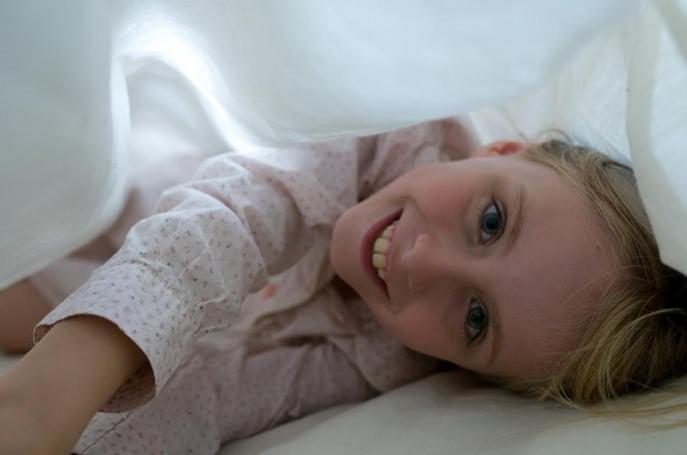Director: Giles Paquet-Brenner
Starring: Kristin Scott Thomas, Mélusine Mayance, Niels Arestrup
UK Release date: 5 August 2011
Certificate: 12A (111 mins)
In 1942 the French government supported a Nazi-decreed raid on the Jewish population living in Paris. Many Jewish residents were rounded up and taken to Vel' d'Hiv (a disused velodrome) where they were deprived of food and drink for days and finally taken to the concentration camps. These events are not discussed very often and as such make for an enlightening, if distressing, subject for Brenner’s film adaptation of a pre-existing novel; a film that looks closely at the past, present and how the stories of the past help people to understand their own history and their own future.
It is 1942 and we are introduced to Sarah Starzynski (Mélusine Mayance), a young girl from a Jewish family living in Paris with her mother, father and younger brother, Michel. They are ripped from their family home and taken away to Vel’ d’Hiv by the French authorities – all except Michel, whom Sarah hides in the wardrobe of the house. Locking the door she promises him she will return with the key to the wardrobe. Bound by their bond as siblings, Sarah’s desire to return to her brother Michel becomes the force that keeps her alive even when she is torn away from her mother in the concentration camps. The weight of the subject matter is a huge ask for a ten year old but I found it amazing how Mélusine Mayance was able to understand the enormity of the role she was playing.
Running parallel to this is the story of journalist and mother to be, Julia Jarmond (Kristin Scott Thomas). We are brought forward to modern day France, to Paris in a world of Apple Mac computers, Blackberry phones and coffee table magazines; to a world where the atrocities of what happened less than 70 years ago in the French capital seem almost unfathomable even to the educated young journalists of a high-brow topical magazine. Julia does, however, hold a deep-seated interest in France’s history and in particular this event so decides to write a ten-page spread for the magazine on these events. During her research into the topic she discovers the story of Sarah and her escape from the concentration camps. However, she later learns that the house she is to inherit is in fact the house that Sarah and her family were taken away from. This collision between the past and her own future forces Julia to ask herself some questions about her own life, her work, her difficult relationship with her family and her relationship with her unborn child.
The historical and present day narratives weave in and out of one another closely. Julia’s world and Sarah’s are almost inseparable, to the point where as well as inheriting Sarah’s family home, Julia in her investigation is surrounded by the people who Sarah was close to as a child and also as an adult. The more she learns about Sarah, the more it seems she learns about herself. Of course in a film that discusses a topic of such weight, the idea of responsibility is sure to crop up and it is interesting that Brenner uses a video clip of Jack Chirac’s apology for the French government’s role in the round up of the Jewish citizens. I don’t think Julia feels burdened by the responsibility of France for its government’s role in the Vel' d'Hiv atrocities. Rather Sarah’s story forces her to reflect upon the choices that she has made and will make in her own life – the responsibilities she has to the people in her life and how this will affect her future.
Having had very little knowledge of the subject matter before entering the cinema, I came out wanting to understand more about the actual events which is surely a good sign. Herein I think lies the reason why the film is so effective. Rather than just bombarding us with images of tragedy and inhumanity, Brenner puts forward the idea that it is stories that help us make sense of the past. We can only make sense of these events through Sarah’s story and without these stories we would shelve any memory of such atrocities happening, as we wouldn’t be equipped to cope with such horror. However, as Brenner seems to be suggesting, stories are so useful because they allow us to make sense not merely of our past but of the future and the decisions that we all make in our own lives.
Michael Bateson-Hill
![]() Visit this film's official web site
Visit this film's official web site






